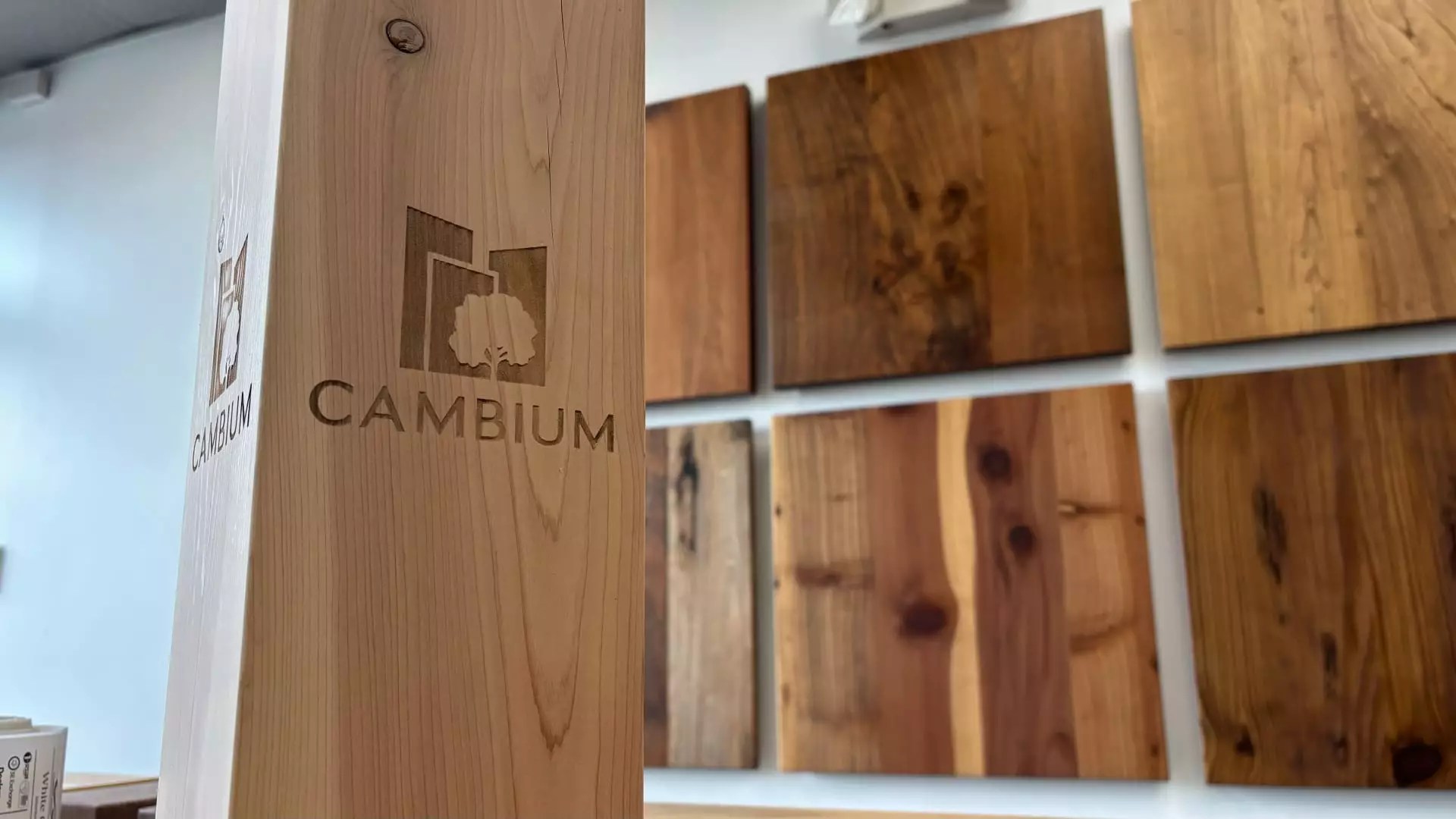Each year, an astonishing 36 million trees succumb to decay, disease, or natural disasters, while even more fall due to the relentless march of human development. This staggering statistic should alarm anyone who cares about our planet’s health and the resources we squander. The unfortunate reality is that instead of being put to good use, the vast majority of these felled trees are either incinerated, buried in landfills, or ground down for mulch, contributing unnecessarily to carbon emissions and energy waste. It is time for a wake-up call. While the destruction of these natural resources is a tragedy in its own right, the lack of innovative solutions to recycle and repurpose this wood presents an equally concerning problem that we must address.
Revolutionizing Wood Recycling with Technology
Enter Cambium, a startup that aspires to transform this ecological dilemma into an opportunity for innovation, sustainability, and job creation. Cambium is harnessing technology to revamp the wood recycling landscape by tracing, treating, and transporting discarded wood back into the marketplace. The vision is compelling: a platform where timber meets technology, simplifying the logistics of utilizing wood that would otherwise go to waste. CEO Ben Christensen boldly asserts that the company’s ambitions extend beyond profit margins; they aim to save materials, foster local employment, and tackle climate change on an extensive scale.
What makes Cambium particularly intriguing is its insistence on integrating modern technology into the traditionally stagnant field of wood processing. Each timber piece that Cambium deals with is inscribed with a barcode, allowing users to scan and instantly uncover its species, milling date, and grade. This level of transparency is not just a clever marketing gimmick; it represents a seismic shift in how we can engage with resources that were once deemed worthless, and redefine our relationship with waste.
The National Opportunity: Bridging Supply Chains
Cambium recognizes a significant gap in the national wood recycling supply chain. While local wood recyclers operate in various capacities, no other entity has dared to take on the scale that Cambium is attempting to achieve. By collaborating with tree care services, trucking companies, and sawmills, Cambium aims to create a cohesive network to help move and repurpose this discarded material. The startup partners with various companies, including giants like Amazon and Gensler, to ensure streamlined logistics in recycling efforts. As it stands, Cambium has already achieved impressive growth, doubling its sales over the past year, demonstrating that consumer demand for sustainable practices is both real and powerful.
Investors Seek More than Just Timber
The financial sector has recognized the potential for significant returns in Cambium’s approach. Investors are not primarily looking to support a conventional lumber business or a construction company; they are pursuing a tech entity that can scale rapidly and sustainably. This reflects a broader trend in venture capital, where there is an increasing appetite for startups that can drive socio-economic change while also promising exponential growth. Investors like Adrian Fenty highlight this shift, seeing Cambium not merely as a wood startup but as a revolutionary software company that happens to operate in the timber sector.
The Threat of External Variables
Despite Cambium’s promising trajectory, external factors like tariffs imposed by the previous administration on Canadian lumber threaten to complicate their business model and logistics. Such trade policies reveal a significant vulnerability for Cambium and other startups: they can control supply chains only to a certain extent, and unpredictable political climates can significantly hinder their operational capabilities. Moreover, the complexities of navigating these regulatory environments could determine the long-term viability of innovative businesses like Cambium.
In this ever-evolving field of waste management and recycling technology, it becomes evident that innovative solutions will not only reduce our carbon footprint but also foster new economic opportunities. We must embrace the paradigm shift Cambium represents, where discarded materials are reimagined as valuable resources. It’s a call to action for both businesses and consumers: to seek sustainable solutions that pay dividends in both ecological health and economic vitality.


Leave a Reply